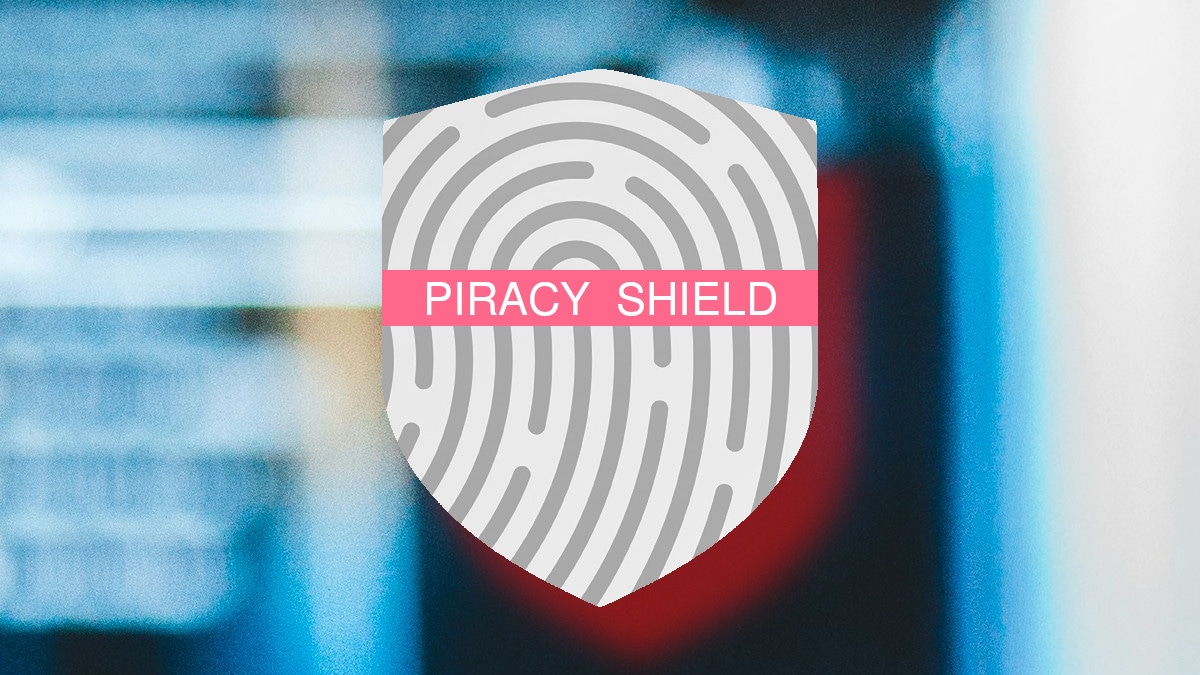Recently, we have seen visible efforts by institutions to fight the phenomenon of piracy audiovisual, so-called small piece which seems to have become more and more popular in our country. And it is in this context that some news is coming.
The latest anti-piracy tool is called Shield of Piracy and is a platform that aims to quickly identify and block pirated video streams in order to eliminate any unauthorized viewing of copyrighted content or streaming rights at the outset.
We have seen this in recent months Piracy Shield has hit a few snags of the road. Its efficiency would not be up to the amount of pirated content broadcast daily in Italy, not to mention the software code was leaked onlinewhich highlighted some particular aspects of its programming.
What’s different with Piracy Shield 2.0
And then there would be AGCOM, which developed exactly the Piracy Shield ready to counterattack.
Even the institutions are on his side, as Massimiliano Capitaniohead of the Northern League group and current AGCOM commissioner, who gave new details of what it could be Piracy Shield 2.0.
The new version of anti-piracy shield should fill in one of the weak points of its first version, i.e. managing the amount of content to be blocked. Capitanio would actually have accepted the limitations of the Piracy Shield, developed to manage a maximum of 60 – 70 requests of fading at the same time, while in reality they arrive on average about 300.
So Piracy Shield 2.0 should be better able to handle obfuscation requests out of the box, and can also present one faster reporting procedure.
In summary, the new Piracy Shield it should not change structural from the old one. It appears that AGCOM has improved the first version of Piracy Shield to make it more efficient. And when does Piracy Shield 2.0 arrive? No information has been communicated time correct: the end of the year was mentioned as an indicative time.
Moreover, Capitanio has pointed his finger ANTI Google AND AfL, for their indirect role in part satisfaction. Google, according to Capitanio, would not perform any verification in apps found on the Play Store, some of which would illegally provide pirated content and therefore be illegal.
While VPNs would be to blame, again according to the AGCOM commissioner, for promote concealment of the IP addresses of those providing pirated content.
Automatic penalty for those with the patch?
Capitanio once again underlined the aspect of fines for users who benefit from the share. The agreement signed between AGCOM, the Prosecutor’s Office and the Financial Police should allow fast data sharing of those who approach the part. This should allow virtually automatic fines those who pay to view pirated content knowingly.
In this context, it is worth underlining that the procedure just mentioned by Capitanio has not yet entered into force In opposite, it’s not either has been announced officially.
(TagsToTranslate) AGCOM
Source link

